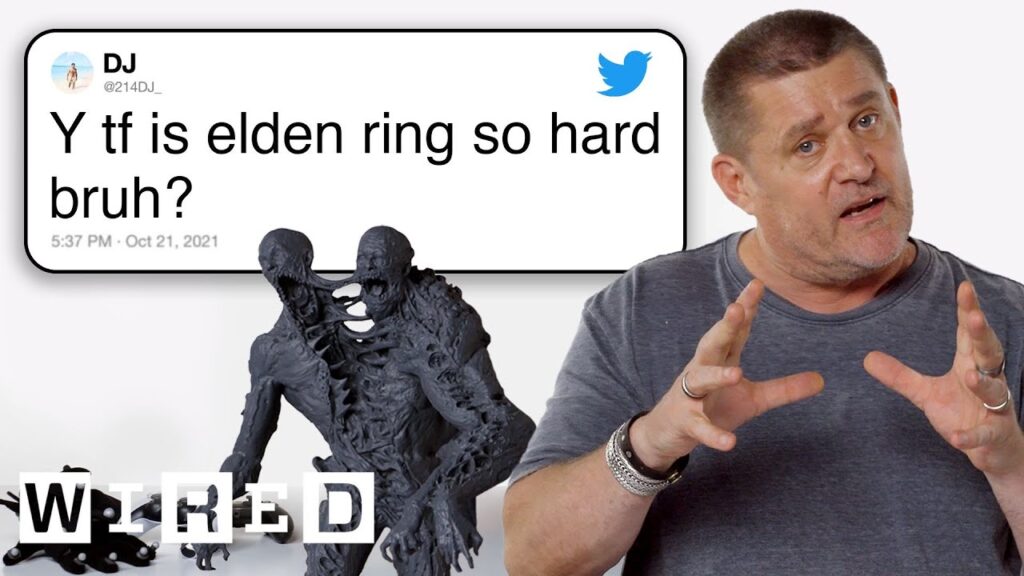The Importance of Medical Interpreting in Healthcare
Summary
In this article, we discuss the importance of medical interpreting in healthcare. We highlight a scene where a deaf patient is in a traumatic situation and there is no interpreter at her bedside. We explain the significance of medical interpreting and how it should be done professionally.
Table of Contents
- The Consequences of Poor Medical Interpreting
- The Significance of Medical Interpreting
- The Importance of Professional Medical Interpreting
- Conclusion
The Consequences of Poor Medical Interpreting
In the scene we witnessed, a deaf patient was in a traumatic situation, and there was no interpreter at her bedside. The healthcare provider relied on the patient’s friend to interpret sign language, which is not an appropriate approach. The patient was confused and scared, and the friend was not a professional interpreter. As a result, the patient did not receive the appropriate care and attention she needed.
The Significance of Medical Interpreting
Medical interpreting is a specific field that requires extensive training. It is not just about translating words from one language to another, but it is also about interpreting the message and conveying it accurately. Medical interpreting is crucial in healthcare because it ensures that patients with limited English proficiency or those who are deaf or hard of hearing can understand their medical condition, treatment options, and the risks and benefits associated with them.
The Importance of Professional Medical Interpreting
Using friends or family members to interpret for patients is not appropriate. They are not trained to interpret medical terminology and may not understand the nuances of the language. Professional medical interpreters, on the other hand, are trained to interpret medical terminology accurately and convey the message in a culturally sensitive manner. They also adhere to a code of ethics, which ensures that the patient’s confidentiality and privacy are protected.
Medical interpreting can be done in person or remotely through technology such as iPads on wheels. These devices have a big screen that can be rolled up to the patient’s bedside, and the interpreter can be accessed in any language. Professional medical interpreters are available 24/7, and they can assist healthcare providers in communicating with patients who have language or communication barriers.
Conclusion
In conclusion, medical interpreting is a critical component of healthcare. It ensures that patients with limited English proficiency or those who are deaf or hard of hearing can understand their medical condition and treatment options. Using friends or family members to interpret for patients is not appropriate, and healthcare providers should rely on professional medical interpreters. It is essential to have interpreters available at all times to ensure that patients receive the appropriate care and attention they need.







